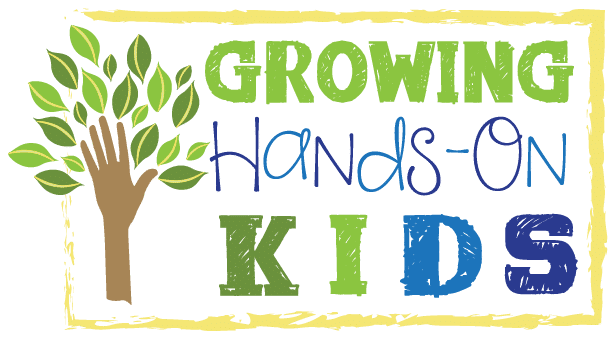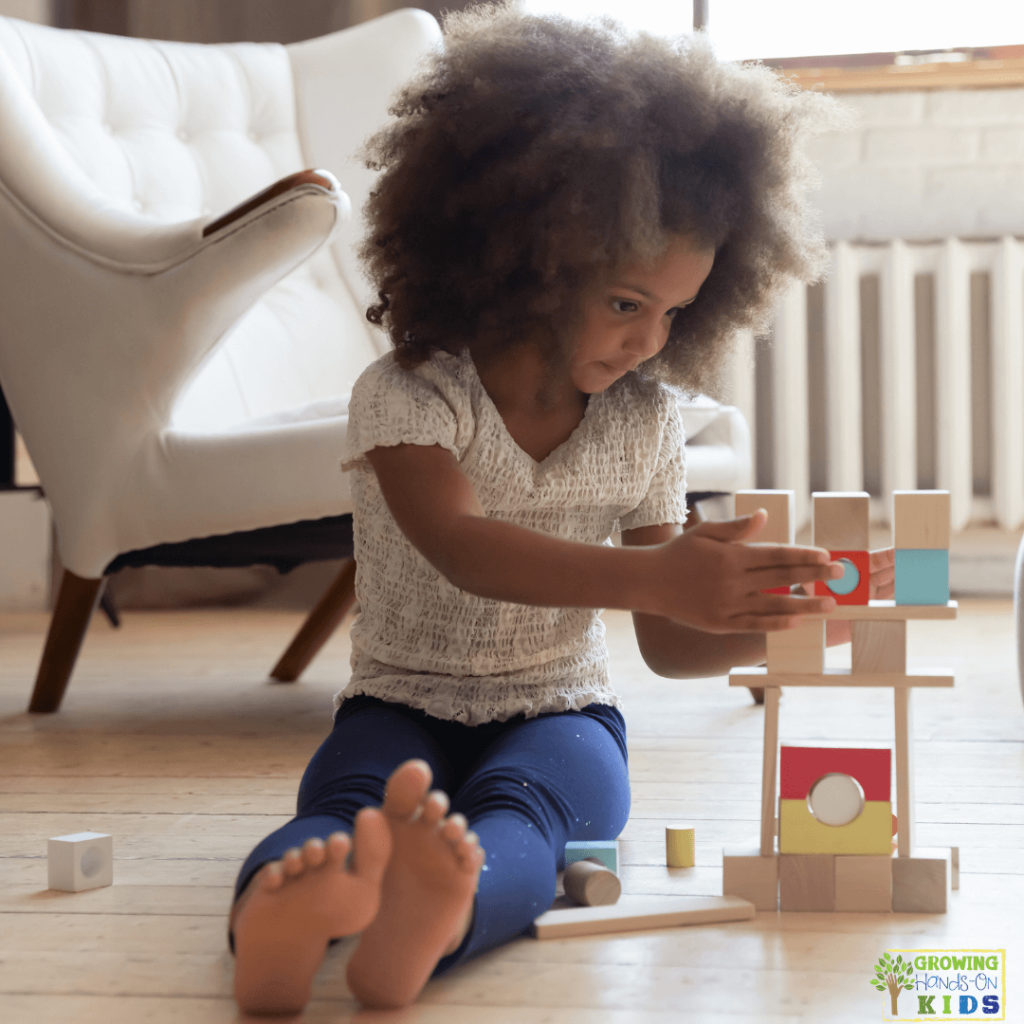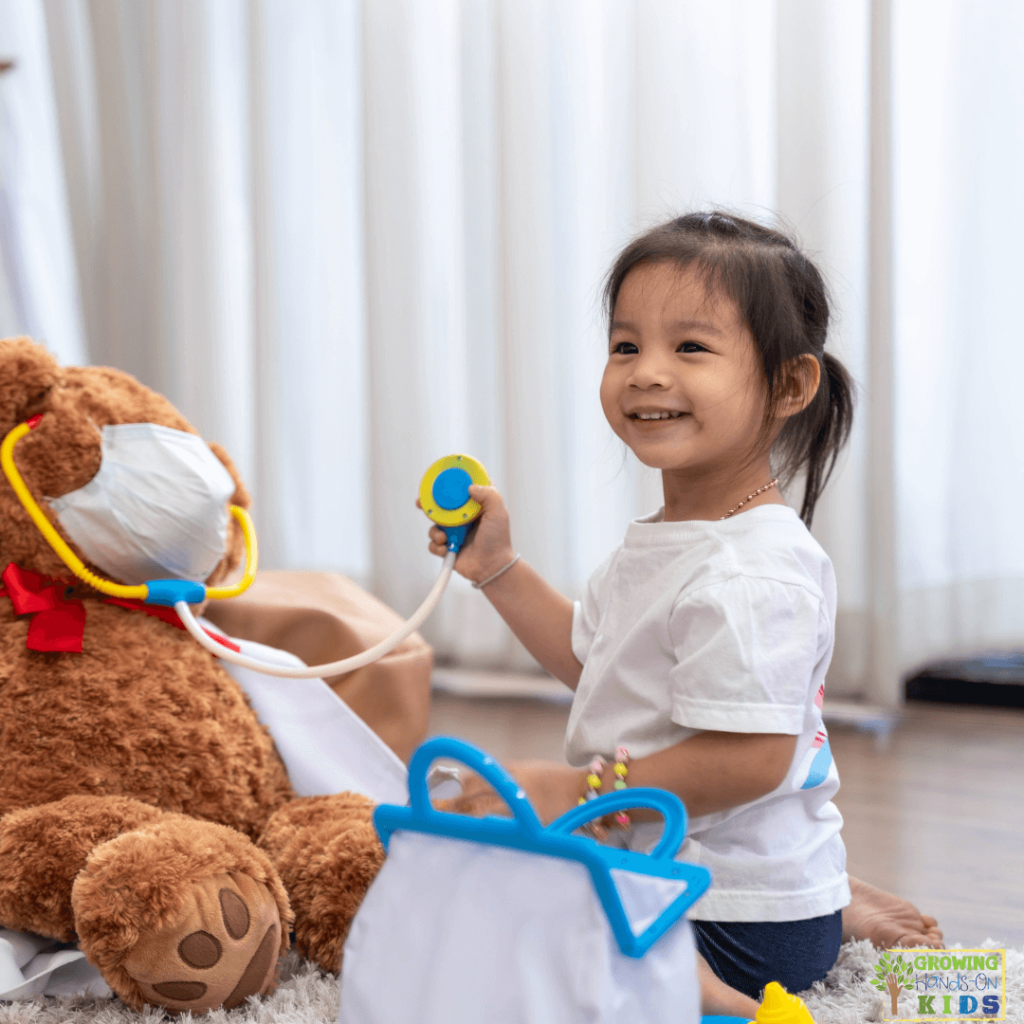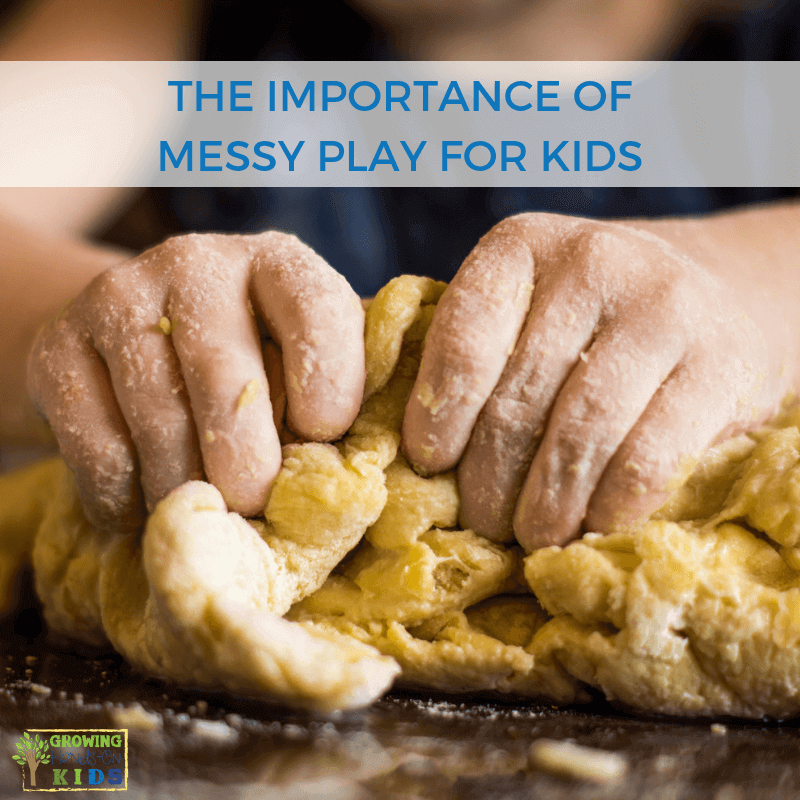The Importance of Play in Child Development
Affiliate and Referral links are used below to promote products I love and recommend. I receive a commission on any purchases made through these links. Please see my disclosure policy for more details. As an Amazon Associate, I earn from qualifying purchases.
Play is more than just a way to keep kids entertained—it’s a crucial part of their development! From running around outside to engaging in imaginative adventures, play has incredible benefits that help children grow in so many ways.
Research shows that whether kids play alone, with parents, or with friends, they’re building important life skills. Beyond keeping them busy, play helps them thrive!
Let’s explore some of the amazing benefits of play and why it’s so important for your child’s growth.
Key Benefits of Play
Physical Development
Play helps improve motor skills (both fine and gross).
Play keeps kids active and helps them develop essential physical skills like strength, coordination, balance, and agility. These skills make everyday activities easier and contribute to a healthy lifestyle.
Outdoor play is especially great for improving motor skills and burning off energy, leading to better sleep at night (a bonus for both kids and parents!). Simply put, physical activity during playtime lays the foundation for a lifetime of good health.
Social Skills
Play gives children a natural way to interact with others, build friendships, and develop important social skills.
Through play, children learn valuable lessons like sharing, taking turns, and patience. These skills not only help them in school but set them up for success in their future careers and relationships. If your child struggles to engage with others, play can be a wonderful way to encourage social interactions.
Emotional Development
Understanding emotions is a key part of growing up, and play helps kids process their feelings in a safe and fun way. Whether they’re pretending to be superheroes or playing house, they’re learning to express emotions, build empathy, and handle different situations.
Imaginative play, in particular, is fantastic for emotional growth. It helps kids explore different perspectives, recognize others’ feelings, and develop emotional intelligence—all of which are essential for navigating the world around them.
Sensory & Motor Skills Development
This can include sensory play (e.g., sand, water, or textured toys), which enhances sensory processing. You can't have motor skill development without sensory processing!
Hands-on activities also strengthen hand-eye coordination and dexterity.
Reduces Stress & Increases Happiness
Play helps children safely process emotions. Plus, engaging in fun activities releases endorphins, reducing anxiety.
Exploring the World
The world is a big, exciting place, and play is a child’s first step in discovering it! Whether they’re building castles in the sandbox or going on pretend adventures, play fuels curiosity and helps kids learn about their surroundings.
This natural curiosity makes it easier to introduce new concepts as they grow, setting the stage for a love of learning that will carry them through school and beyond.
Building Relationships
Friendships and relationships make life richer, and play helps children understand how to connect with others. Whether they’re playing with siblings, cousins, or new friends at the park, they’re gaining hands-on experience in forming meaningful connections.
Learning how to cooperate, resolve conflicts, and support one another during playtime gives kids the tools they need to build strong, lasting relationships throughout their lives.
How You Can Support Play
You might be wondering what kind of play is best for your child. The truth is, there’s no right or wrong way to play! From independent play at home to group activities in public spaces, the key is variety.
Choosing the Right Activities
Every child is different, so explore different types of play based on their interests. Some kids love outdoor adventures, while others prefer puzzles, crafts, or make-believe games. Mix things up to help them develop a range of skills.
A little research can help you find new games and activities to keep things fresh. And sometimes, it’s best to let your child take the lead and choose what they want to play!
Getting Involved
Kids love playing with their parents! Your involvement makes playtime even more special. Whether it’s a board game, a game of catch, or simply building blocks together, your presence means the world to them.
Playing together also gives you a chance to observe how your child interacts with different situations. You can offer guidance and encouragement, and, most importantly, create wonderful memories together.
The Importance of Independent Play
While social play is important, independent play also holds incredible value in a child’s development. When kids play on their own, they learn to entertain themselves, solve problems, and develop creativity without relying on others for stimulation.
Independent play encourages self-confidence, resilience, and the ability to focus on tasks for extended periods. It allows children to explore their interests at their own pace, fostering a sense of independence and personal growth. Whether it’s building with blocks, drawing, or imaginative storytelling, independent play is a powerful tool for nurturing a child’s inner world.
Tips to Encourage Independent Play
- Create a Play-Friendly Space: Set up an area with toys, books, and materials that encourage creativity and problem-solving. Open shelves or a bookcase at their level is an easy way to create this in a small space. You don't need a whole playroom full of toys to achieve this. Remember, less is more when it comes to fostering independent play. Too many toys or items can become overwhelming.
- Provide Open-Ended Toys: Items like building blocks, art supplies, and puzzles allow kids to use their imagination and engage in self-directed play.
- Give Them Time and Space: Encourage independent play by setting aside specific times when they can explore activities on their own. A great time to incorporate independent play is after returning from school or errands. It allows them space to decompress and can encourage independent play.
- Avoid Over-Scheduling: Ensure kids have free time to engage in spontaneous play without structured activities filling their day.
- Be Supportive, Not Intrusive: While it’s tempting to jump in, let them take the lead and figure things out independently. I've had to sit on my hands many times to remind myself not to jump in.
- Model Independent Play: Show them how to engage in creative activities by doing your own hobbies or tasks alongside them.
Letting children experience the world around them through play is crucial for their overall health and development!
References:
Anderson, J. A. (2024, February 23). Improving Mental Health Through Independent Play. Harvard Graduate School of Education. Retrieved February 2, 2025, from https://www.gse.harvard.edu/ideas/edcast/24/02/improving-mental-health-through-independent-play
Bucknam, S. (2023, January 14). Independent Play: Why it Matters and How to Encourage it. Reach for Montessori. Retrieved February 2, 2025, from https://reachformontessori.com/independent-play-why-it-matters-and-how-to-encourage-it/
Duncan, A. (2023, December 15). Playing Alone Is Important for Kids—Here's Why. Parents. Retrieved February 2, 2025, from https://www.parents.com/playing-alone-8413896
Ginsburg, K.R. and the Committee on Communications, and the Committee on Psychosocial Aspects of Child and Family Health (2007, January); The Importance of Play in Promoting Healthy Child Development and Maintaining Strong Parent-Child Bonds. Pediatrics January 2007; 119 (1): 182–191. 10.1542/peds.2006-2697 https://publications.aap.org/pediatrics/article/119/1/182/70699/The-Importance-of-Play-in-Promoting-Healthy-Child
Pinto, C. (2023, May 20). The Importance of Play for Child Development. Counselling in Melbourne. Retrieved February 2, 2025, from https://www.counsellinginmelbourne.com.au/importance-of-play-for-child-development/
Yogman, M., MD, FAAP (2023, May 23). The Power of Play: How Fun and Games Help Children Thrive. Healthy Children: American Academy of Pediatrics. Retrieved February 2, 2025, from https://www.healthychildren.org/English/family-life/power-of-play/Pages/the-power-of-play-how-fun-and-games-help-children-thrive.aspx
(2023, March 14). The Importance of Independent Play: Why independent play is critical for young children. Montgomery Child Care Association. Retrieved February 2, 2025, from https://mccaedu.org/blog/the-importance-of-independent-play-why-independent-play-is-critical-for-young-children/
You May Also Like:

Heather Greutman, COTA
Heather Greutman is a Certified Occupational Therapy Assistant with experience in school-based OT services for preschool through high school. She uses her background to share child development tips, tools, and strategies for parents, educators, and therapists. She is the author of many ebooks including The Basics of Fine Motor Skills, and Basics of Pre-Writing Skills, and co-author of Sensory Processing Explained: A Handbook for Parents and Educators.




